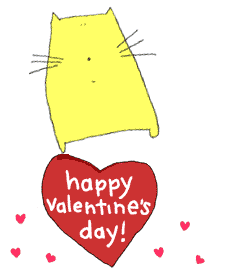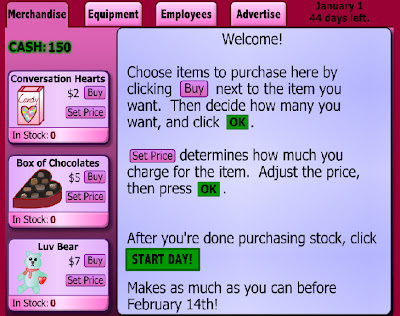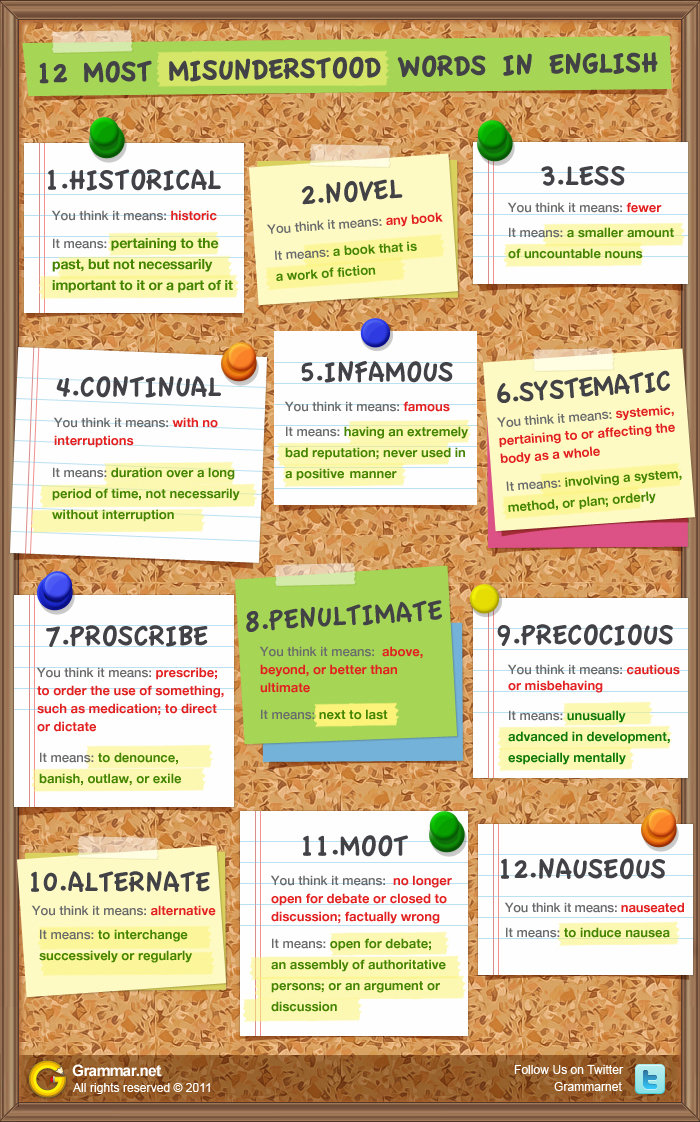(Click on the recipes)
1. historical
connected with the past or with the study of history
- I expect to see lots of historical artifacts in this museum.
- My sister is a landscape architect specialised in historical gardens.
2. novel
a long story which usually fills a complete book, with usually imaginary characters and events
- Oliver Twist and David Copperfield are very famous novels by Dickens.
- I prefer reading short stories to novels before going to sleep.
3. less
a smaller amount of something (used with uncountable nouns)
- If I were you, I would spend less time on computer games.
- I think grandfather should smoke fewer cigarettes and drink less wine.
4. continual
continuing without interruption; repeated a lot of times (often in an annoying way)
- The tramps were in continual fear of being discovered in the tool shed where they usually went to sleep.
- Mother dried and kept the flowers as a continual reminder of her daughter’s happy wedding.
5. infamous
having a very bad reputation, well known for being bad or evil
- The sergeant was infamous for his brutality, many young soldiers feared his cruel actions.
- The film industry is infamous for stealing money from actors.
6. systematic
done involving a system or plan, in a thorough and efficient way
- The professor says we should think in a more systematic way if we want success in this research.
- Scripting languages are so systematic that no syntax errors can be tolerated.
7. proscribe
denounce, banish, state that something is banned
- Quite many organizations involved in terrorism have been proscribed this year.
- I don’t think it’s a good idea to proscribe girls entering the dormitory.
8. penultimate
immediately before the last one
- The race got very exciting in the penultimate lap when three drivers tried to overtake the leader at the same time.
- In a good crime story you can’t tell who the murderer is until the penultimate or last chapter of the book.
9. precocious
unusually advanced in development, with particular abilities and behaviour at a much younger age than usual
- Mozart displayed a precocious talent for music from a very early age.
- My younger sister was a very precocious child who could read and write before she went to school.
10. alternate
follow one after the other in a repeated pattern, change from one thing to another and back
- The poem alternates between happiness and despair.
- Their new song alternates fast percussion rolls with slower string parts.
11. moot
unlikely to happen and not worth considering; debatable, open to question; an assembly of authoritative persons; argument, discussion
- The jury found the issue moot because all the people involved had left the country.
- The chairman’s concerns became moot when some of the applicants withdrew their proposals.
12. nauseous
feeling like vomiting, causing nausea, affected with nausea or disgust
- The smell of the dead fish by the sea made her nauseous.
- As he felt nauseous and dizzy, he left the podium before the end of the show.







.bmp)

.bmp)

.png)
.png)



+-+animation+video.jpg)



























